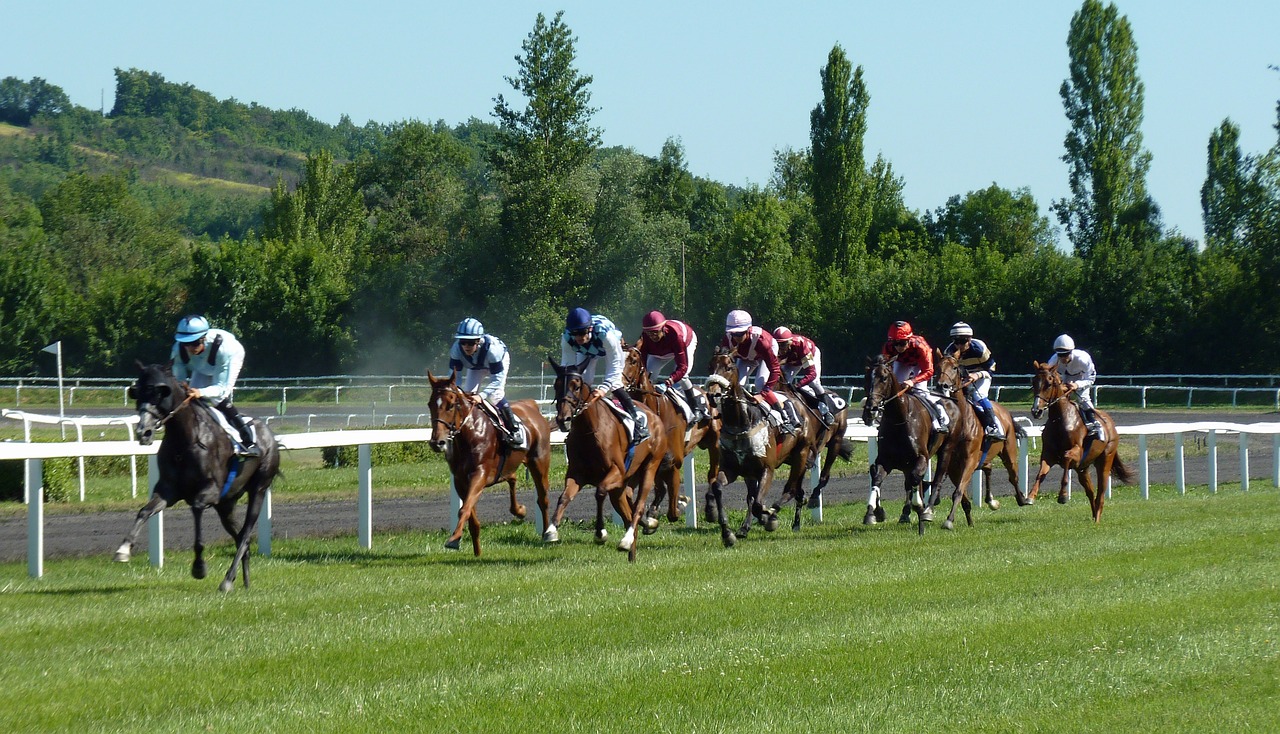New Analysis Reveals Alarming Trends in Illegal Betting Ahead of Grand National
As the Grand National approaches, a remarkable £10 million (€11.9 million/$13.1 million) has been projected to be illicitly wagered this weekend, according to a recent study by the Betting & Gaming Council (BGC). This iconic horse racing event, a highlight of the British sporting calendar, draws in both dedicated and occasional gamblers. While a considerable number of these bettors will engage through licensed platforms, the BGC’s findings suggest a substantial portion will turn to illegal betting channels.
Specifically, the BGC estimates that around £9.4 million will be staked with unlicensed operators, constituting approximately 3.8% of an anticipated £250 million in total bets for the race, scheduled to occur at Aintree Racecourse on April 5th.
Grainne Hurst, CEO of the BGC, characterized these figures as a stark "wake-up call" for lawmakers. The downside of illegal wagering, she argues, extends beyond mere revenue loss; unregulated operators do not contribute tax revenues that could benefit the national treasure. The Grand National is expected to generate £3 million in tax income and an additional £2 million to support horse racing initiatives.
The Dark Side of the Betting Boom
Hurst has voiced concerns about the implications of this illegal betting surge. Alongside the financial toll on the government, unauthorized betting sites pose significant risks to consumers, lacking the safeguards that licensed entities are mandated to provide.
“Almost £10 million is anticipated to be staked with illegal operators during the Grand National,” Hurst stated. “This not only promotes criminal activities but also jeopardizes player safety, siphoning essential funds away from both the treasury and the sport itself.”
With the Grand National serving as a unique unifying event for the country, it is increasingly overshadowed by these illicit channels willing to exploit vulnerable gamblers.
Hurst advocates for a robust strategy encompassing well-crafted regulations and a dependable tax policy as a means to counteract illegal gambling. She views this necessity as essential for the survival of British horse racing.
"This is a pivotal moment for the government, which must ensure that any regulations put in place are effective yet not overly restrictive," she emphasized. "We require balanced reforms and a stable fiscal landscape to fend off this substantial threat posed by the black market."
Persistent Challenges Facing the UK Betting Landscape
This latest report highlights a growing concern regarding illegal gambling, with the BGC continuing to underscore the urgent need for intervention. In a report from the previous year, it was estimated that 1.5 million Britons were contributing £4.3 billion annually to the black market. Alarmingly, one in five gamblers aged 18–24 admitted to placing wagers with unregulated platforms.
The potential financial impact of the illegal betting sector is staggering, with projections indicating a loss of £355 million in tax revenue over a five-year parliamentary period.
Additionally, the International Federation of Horseracing Authorities has expressed alarm about the rising trend of unlicensed betting on horse races. Their research indicated a staggering 522% increase in unique visitors to 22 unregulated sites taking bets on British races between August 2021 and September 2024, contrasting sharply with the mere 49% increase in traffic to legal betting websites.
Overall, this alarming growth reflects a worrying trend in the gambling landscape, with total visitor traffic from the UK to illegal betting sites surging by 131% since August 2021, while legal operators grew only by 25%.
The call to action is clear: addressing this burgeoning issue of illegal gambling is crucial, not just for the economy but for the integrity and safety of the sport itself.
